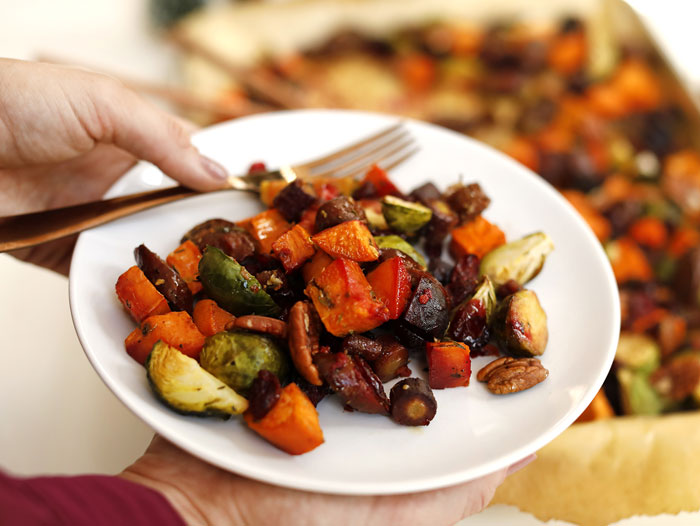University of Colorado Boulder Research Finds that Cash Can Help Stressed-Out People Eat More Fruits and Veggies
January 9, 2020 | 1 min to read

At the end of a long day, it’s tempting to order a large pizza or grab a drive-through cheeseburger for dinner. But, if offered cash, you might be persuaded to eat fruits and vegetables instead (or at least add them as a side dish).
That’s what researchers at the University of Colorado Boulder found to be true when they studied the effects of stress and incentives on fruit and vegetable consumption. The results of their study, titled “Stress and number of servings of fruit and vegetables consumed: Buffering effects of monetary incentives,” were published in October in the Journal of Health Psychology.
These results are an important contribution to the growing body of literature about the psychology of incentives and other public health topics. More broadly, the findings support the implementation of health programs that incorporate incentives—for example, companies that offer lower health insurance premiums for employees who exercise or visit the doctor for preventative care.
To read the rest of the story, please go to: University of Colorado Boulder
